
“Don’t give up on my country and my people,” says a South Sudanese Youth activist to the UN Security Council.
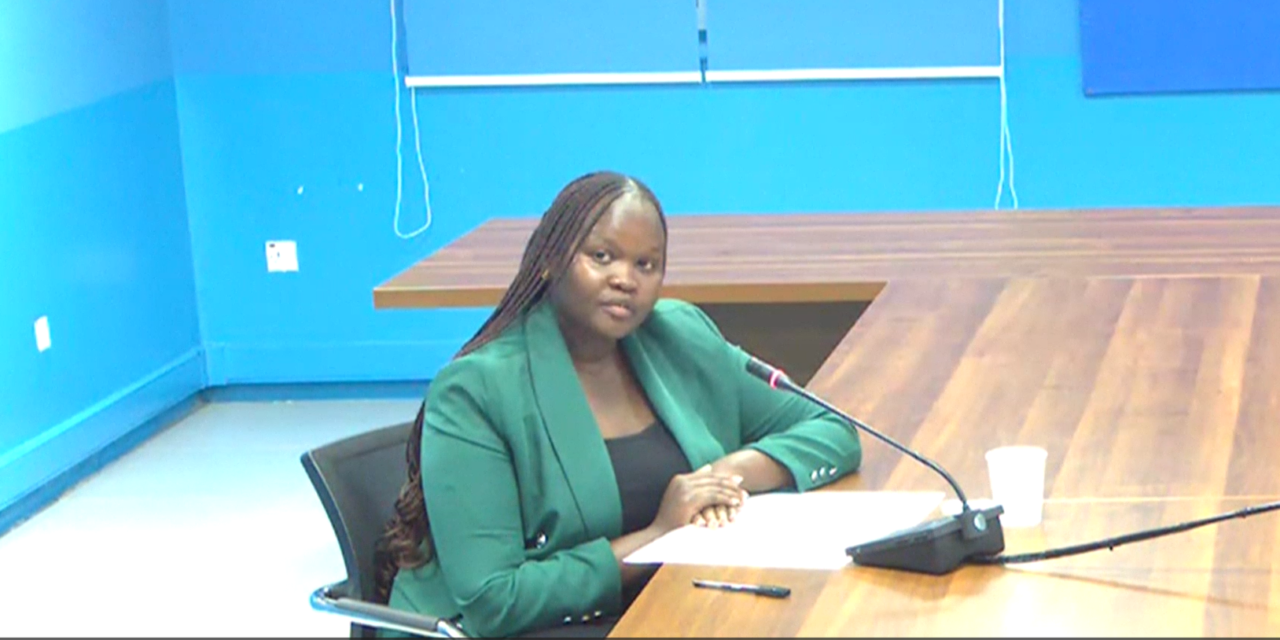
United Nations Security Council meeting on South Sudan and Sudan. Wesdnesday 15th September 2023.
Across the world, armed conflict, instability, drought, famine, and many other disasters are situations that have affected many people. And such things have made the challenges even harder for the world’s newest country, South Sudan.
Four years after signing the peace agreement in September 2018, the glimpse of hope that citizens had is looking more like the smoke going through a chimney off into the air.
With slightly over a year for the proposed general elections to occur, a lot remains to be accomplished with key institutions and legal frameworks yet to be accomplished.
The war in the neighboring Sudan has not helped either with many people fleeing the conflict to South Sudan, worsening the humanitarian situation.
The Director of Operations and Advocacy at the Office for the Coordination of Humanitarian Affairs (OCHA), Edem Wosornu, said, “at the beginning of the year, more than 9.4 million people in South Sudan, 76 percent of the population required humanitarian assistance.” This need was a result of several factors like flooding, drought, and subnational violence, however, “as of 5 September 2023, more than 260,000 people had arrived in South Sudan seeking protection and safety,” adds Worsonu.
There are key questions that need to be answered for the proposed general elections to take place next year. These include the type of elections to be held, voter registration requirements, how electoral boundaries will be determined, the nature of participation of refugees and internally displaced people, the allocation of security responsibilities, and how electoral-related disputes will be managed.
UNMISS HEAD, Nicholas Haysom addressing the UN Security Council (UNSC) on Wednesday, 15th September 2023.
According to the Head of the United Nations Mission in South Sudan (UNMISS) Nicholas Haysom, “resolving these questions does not require material resources, only the political will to reach consensus.”
This provides a glimmer of hope to South Sudanese citizens that better days are ahead when the current leadership decides to bury their political differences to work towards a common goal of building a better South Sudan.
“We must recognize the undeniable linkages between climate change and peace and security,” says the Deputy Permanent Representative of Albania, Albana Dautllari referring to South Sudan.
“Failure to address the impact of climate change could not only perpetrate cycles of conflict and instability but also hinder the prospects of long-term peace and sustainable development,” she added.
These issues continue to remind South Sudanese of the constant struggles they have had to go through over the years, something the civil society in South Sudan believe is being normalized, especially for the young people who lived their lives seeing violence of weapons, sexual violence, and violence induced by climate change.
“It may be easy to resign oneself to accepting the status quo, but I choose not to,” Racheal Juan an advocacy coordinator with the South Sudan Council of Churches.
“Please do not give up on my country and my people. I am confident that South Sudan will eventually attain the peace we so deeply long for,” begs Juan who represented the civil society during the United Nations Security Council summit at the UN headquarters in New York via video conference.
Watch the Full Meeting on the UN Web TV

















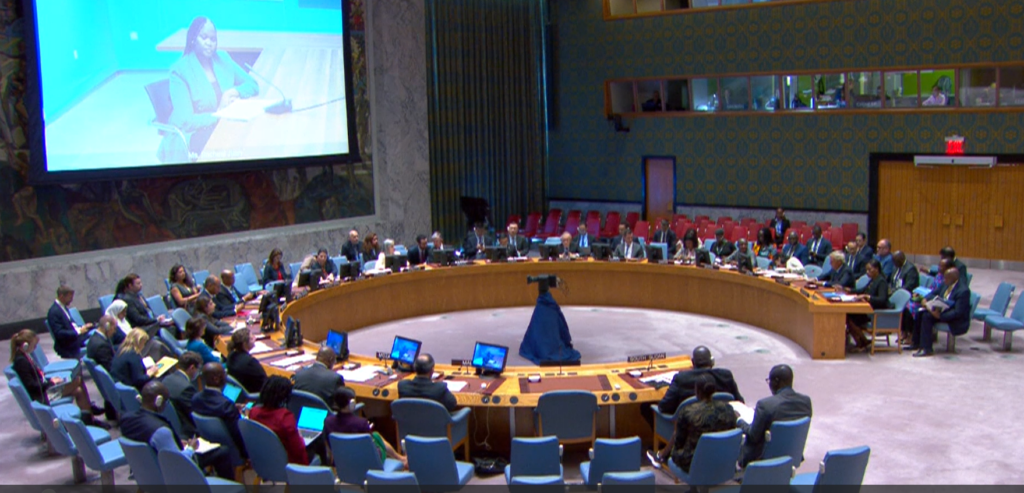
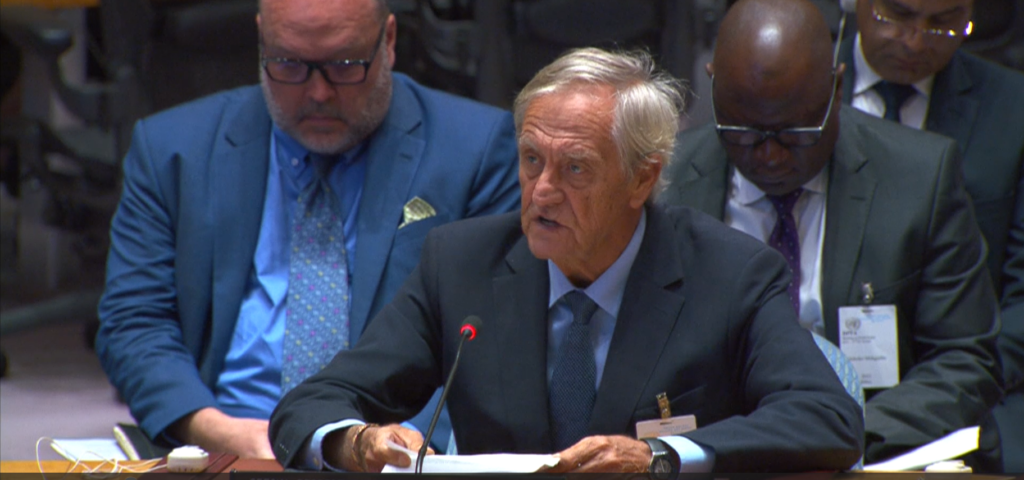
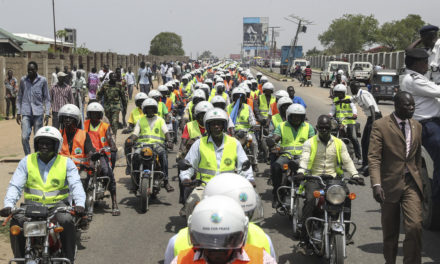
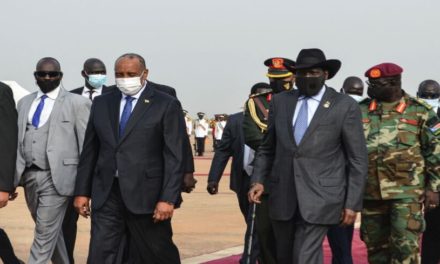
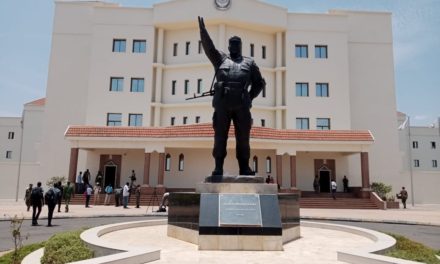
Recent Comments